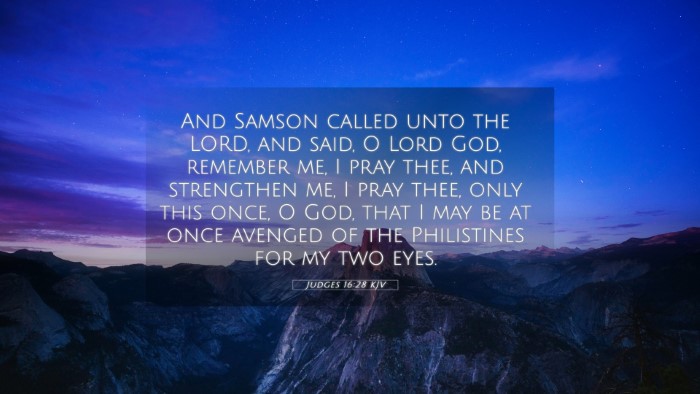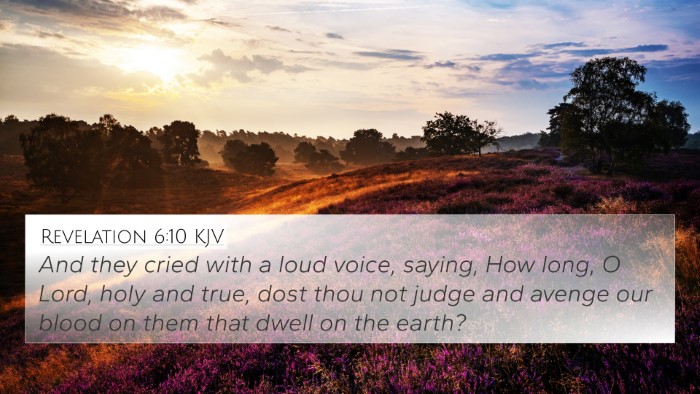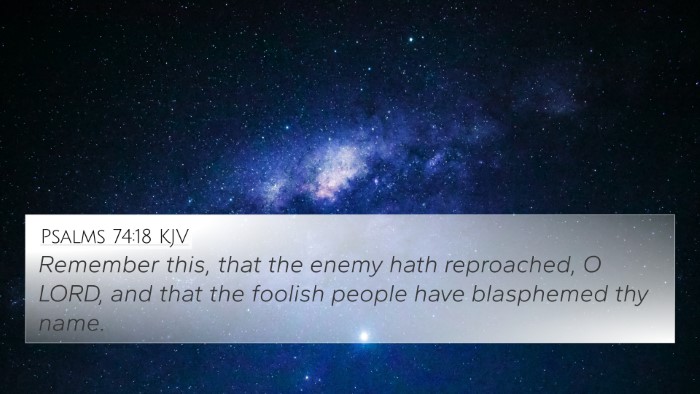Understanding Judges 16:28
Judges 16:28 is a pivotal moment in the life of Samson, highlighting themes of repentance, strength, and divine intervention. In this verse, we read:
"Then Samson called to the LORD and said, 'O Lord God, please remember me and strengthen me only this once, O God, that I may be avenged on the Philistines for my two eyes.'" (Judges 16:28, ESV)
Verse Summary
This verse captures a moment of desperation and hope as Samson, blinded and imprisoned, calls out to God. His plea reflects both remorse for his past actions and a longing for restoration and vengeance against his enemies.
Commentary Insights
Insights from various public domain commentaries offer a comprehensive understanding:
-
Matthew Henry's Commentary:
Henry emphasizes the importance of Samson's acknowledgment of his failures and his need for God’s strength. Despite his previous sins and failures, he turns back to God, illustrating the principle that God will listen to those who sincerely repent.
-
Albert Barnes' Notes:
Barnes notes the significance of Samson’s request for strength “only this once.” This plea underlines a critical moment in Samson’s life, showcasing both his acknowledgment of personal weakness and the hope of divine assistance in a time of great need.
-
Adam Clarke's Commentary:
Clarke discusses the theological implications of divine strength. He highlights how God’s power can be accessed even after great failure, and emphasizes the conditions of sincere repentance and humble supplication to God.
Thematic Connections
Judges 16:28 is interwoven with several themes prevalent throughout the Bible, establishing its significance within the larger narrative. Below are key thematic connections:
- Repentance: Samson's cry represents a moment of genuine repentance, echoing themes found in Psalm 51, where David cries out for forgiveness.
- Divine Strength: The request for strength has parallels in Isaiah 40:29, which assures that God gives power to the faint and strengthens the weak.
- Vengeance: Samson seeks vengeance, reminiscent of Romans 12:19, where God states that vengeance is His. This shows the complex interplay of personal justice and divine justice.
- Faith in God’s Mercy: His appeal to the Lord reflects the overarching biblical narrative of God's willingness to help those who turn to Him sincerely after straying, much like the parables of the lost sheep in Luke 15:4-7.
- Restoration: The theme of restoration resonates with Joel 2:25-26, where God promises to restore the fortunes of His people.
Bible Cross-References
Judges 16:28 can be cross-referenced with the following scriptures to deepen the understanding of its themes:
- Hebrews 11:32-34 - Mentions Samson as a figure of faith, highlighting his victories achieved through faith although flawed.
- 1 Corinthians 1:27 - Discusses how God uses the weak to confound the strong, reflecting Samson's reliance on divine strength.
- Psalm 66:18 - Reminds us that unconfessed sin will separate us from God, connecting to Samson’s acknowledgment of his wrongs.
- Romans 10:13 - States, "For everyone who calls on the name of the Lord will be saved," underscoring the power of calling upon God in dire circumstances.
- Proverbs 3:5-6 - Encourages trust in God’s wisdom, which aligns with Samson’s final plea for guidance and strength.
- Isaiah 59:1 - Affirms that the Lord's hand is not shortened that it cannot save, illustrating hope through prayer as seen in Samson’s plea.
- Galatians 6:7 - Portrays the biblical principle of reaping what is sown, relevant to understanding Samson's past deeds leading to his current state.
Conclusion
Judges 16:28 serves as a profound reminder of the themes of repentance, divine strength, and restoration. Through a careful examination of this verse alongside cross-reference analysis, we can uncover the rich tapestry of biblical truths that resonate throughout scripture. The journey of Samson teaches us valuable lessons about the nature of God’s mercy, the importance of sincere repentance, and the strength that comes through faith.
Additional Study Resources
For those looking to further explore the connections between Bible verses, several tools are available:
- Utilizing a Bible concordance can help identify themes and verses related to one another.
- Engaging in a cross-reference Bible study can enhance understanding of scriptural linkages.
- Consider using comprehensive Bible reference resources for deeper thematic exploration.
- Cross-referencing biblical texts in casual study or sermon preparation can yield powerful insights.
Final Thoughts
As we delve into the meaning and implications of Judges 16:28, may we remember that every verse in the Bible is interconnected, revealing a cohesive story of grace, redemption, and divine interaction in human lives.


















